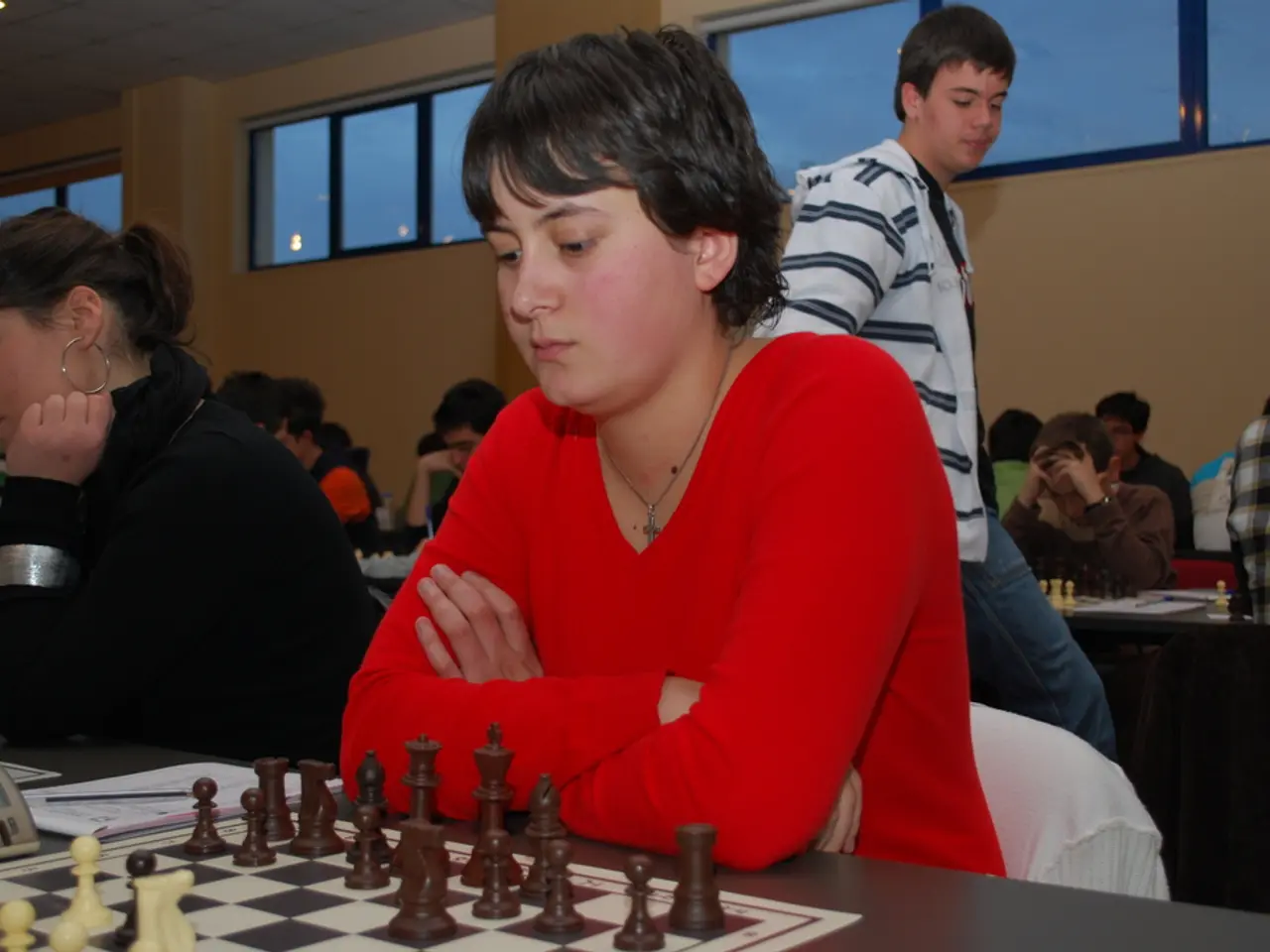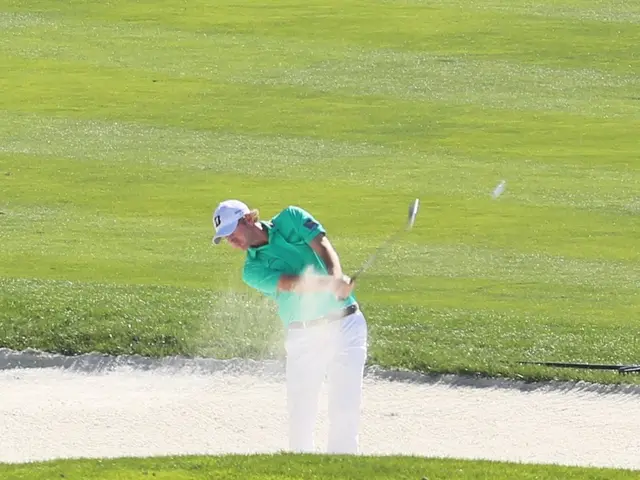"Indian chess prodigy Praggnanandhaa discusses his adaptation to stardom"
R Praggnanandhaa, the 19-year-old Indian chess grandmaster, has expressed his dissatisfaction with his performance at the recent ESports World Cup. Despite becoming the youngest player to reach a World Cup final, Praggnanandhaa feels that he still has a lot more to achieve in his chess career.
The hybrid format tournament, held in Saudi Arabia, was a challenging experience for the young prodigy. Praggnanandhaa participated in the event, wearing noise cancelation headphones to block out any distractions.
Praggnanandhaa's career began at an early age when he earned the international master title at just 10 years old, making him a national sensation in India. His success can be attributed to a combination of factors, including inspiration from Viswanathan Anand, a good system in India, regular tournaments, government support, and corporate support.
India's success in producing talented young chess players stems from a combination of broad grassroots accessibility, focused talent nurturing programs, regional chess cultures, and innovative outreach efforts like online coaching in native languages. Leading Indian grandmasters like Praggnanandhaa have highlighted these aspects alongside initiatives aimed at inclusivity and skill development.
One key factor is the massive talent pool and competitive culture in India. The country's huge population means there is a large base of aspiring players competing for limited spots at the top level, creating a highly competitive environment that helps raise standards. Tamil Nadu, dubbed the "factory of Indian chess," is a prime example of this competitive spirit.
Regional chess schools and coaching are another important factor in India's success. Tamil Nadu, for instance, has many chess schools and clubs, and coaches leverage local languages to make chess education accessible. Platforms like the Tamil Chess Channel on YouTube teach chess basics in Tamil to millions, helping overcome language barriers that limit access to predominantly English chess literature and training.
Online platforms and grassroots efforts also play a significant role in India's chess development. Initiatives such as the RookTook online chess platform, in partnership with the STAIRS Foundation, focus on nurturing young talent, especially from underprivileged backgrounds, by offering affordable training, organizing leagues, and linking players with skill certification and livelihood opportunities.
Structured support and institutional backing are also crucial for India's chess development. There is growing institutional recognition and support through collaborations with sports and education authorities, although challenges remain, as evidenced by cases like the chess prodigy Sreeshwan Maralakshikari, whose credentials were initially overlooked by authorities.
Praggnanandhaa's mother, Nagalakshmi, has played a significant role in his upbringing and success. The young grandmaster remains grounded by avoiding social media during tournaments and focusing on his chess games.
Looking forward, Praggnanandhaa hopes to see more and more players coming up from the UAE and the Middle East. He has expressed admiration for Salem Saleh, a well-known grandmaster from the UAE, and believes that there is a lot of untapped talent in the region.
Praggnanandhaa is currently focusing on qualifying for the Candidates tournament. The Indian Prime Minister, Modi, has hailed Divya's Fide Women's Chess World Cup win, and there are chess clubs in the UAE doing a good job in developing chess talent. Chess tournaments are happening regularly in Dubai and Sharjah, UAE.
Praggnanandhaa is looking forward to the next year's ESports World Cup. His career has been supported by the Adani Group and other corporate houses, and he continues to inspire a new generation of Indian chess players.
Praggnanandhaa, with his interest in video games and gaming culture, has expressed a desire to explore the intersection of chess and the growing world of ESports. The hybrid format of the World Cup, blending traditional sports with digital competition, mirrors this ambition.
As a successful chess player, Praggnanandhaa is mindful of maintaining a balanced lifestyle, particularly in terms of health, opting to wear noise cancelation headphones during tournaments to minimize distractions.
When reflecting on his career, Praggnanandhaa recognizes the important role business has played in his success, with corporate support playing a crucial role in his development. Furthermore, he sees potential in the business opportunities within the sports of chess and ESports, especially in emerging regions like the UAE and the Middle East.







